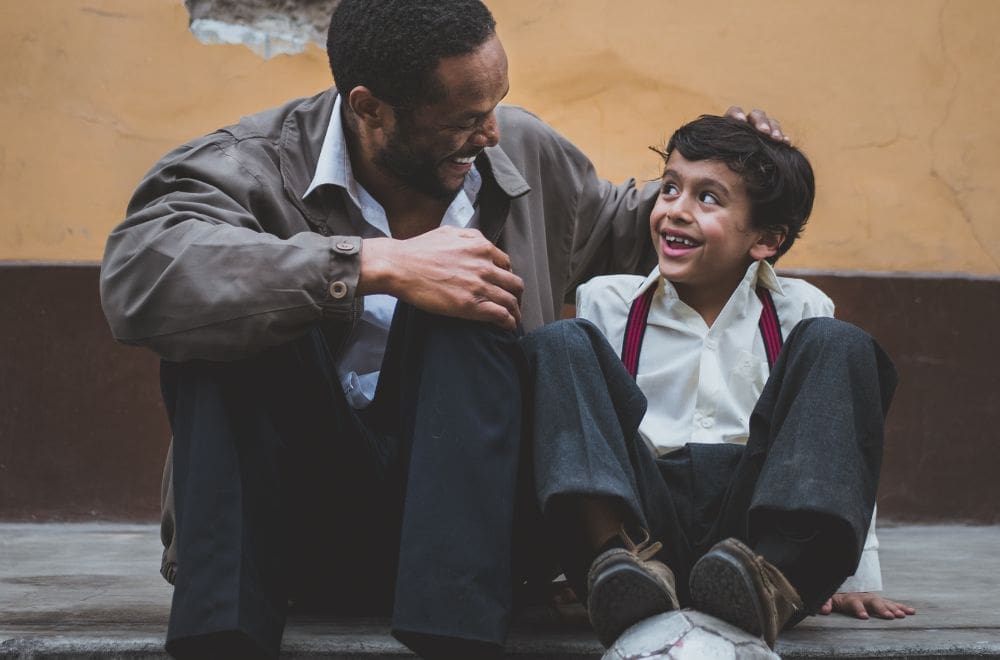Relationship is our most under-utilised resource – in our homes, our schools, and our communities – as a way to calm big behaviour and maximise the capacity for learning.
Nothing can calm big behaviour and open up learning like relationship. Here’s how it works. As soon as the brain registers threat, the thinking brain (the prefrontal cortex) shuts down, and the impulsive, instinctive part of the brain takes over.
The thinking brain is the part of the brain that can calm big feelings, think through consequences, make good decisions, plan, learn, and retrieve learned information. When it’s offline, there is massively reduced capacity to learn, and a greater potential for big behaviour.
‘Threat’ isn’t about what is actually safe or not safe, but about what the brain perceives. This can come from feeling disconnected from their important adult, fear of humiliation, judgement, not feeling seen, heard, validated, welcome, or cared for, missing out on something important, stress – so many things!
When the brain registers threat, we will potentially see big behaviour and reduced learning because of the shutdown of the thinking brain.
We can direct behaviour support and learning support at this, but first we have to provide ‘felt sense of safety’ support. All the behaviour and learning support won’t be able to do its job if we don’t have access to the thinking brain.
Here’s the key. We have to bring the brain back to felt safety, so the thinking brain can come back on board and work its magic.
The antidote to a felt sense of threat is a felt sense of safety. The most powerful way to bring this is through relationship. Not just any relationship, but one where children feel and believe the caretaking and leadership of their adult. When children feel safe, they will be calm and in the very best position to learn.


Leave a Reply